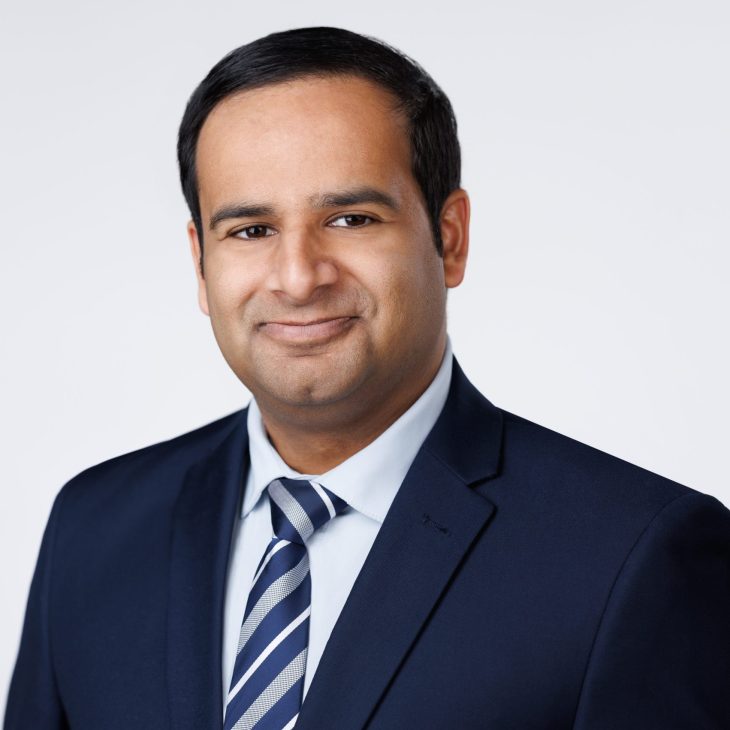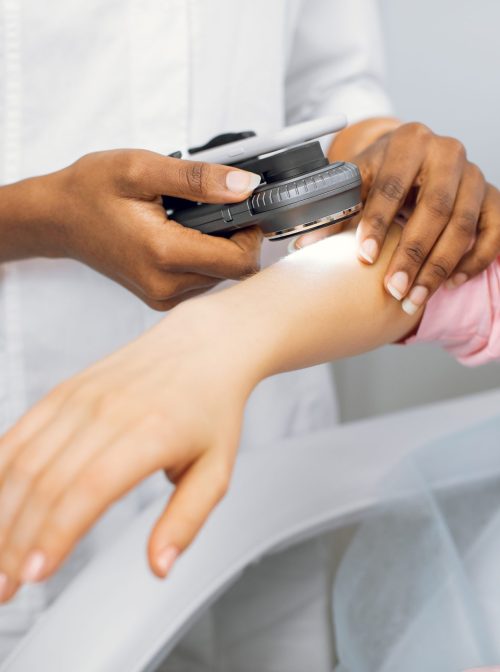Receiving a Building Interfaith America grant helped me attend the 25th World Congress of Dermatology (WCD) in Singapore in July 2023, one of the largest and most prestigious events in the field of dermatology. Having just graduated from residency, it was an honor to present my research and learn from experts worldwide.
The WCD has a long history of bringing together experts and relevant organizations worldwide to improve skin health for all. The first WCD took place in Paris in 1889, and since then, it has been held every four years in different locations, like the Olympics. The International League of Dermatological Societies (ILDS) organizes the event with more than 190 member organizations. The theme for WCD 2023 was ‘Dermatology Beyond Borders: Science, Care, Communities’. The congress aimed to improve cooperation across geographic, political, and economic borders and celebrate diversity. It lived up to its goals by featuring a diverse array of more than 250 sessions, 5,000 abstracts, and 150 exhibitors.
I was fortunate to have the opportunity to present my research on contact dermatitis associated with religious practices. These reactions, also known as “devotional dermatoses,” require dermatologists to treat the dermatitis while respecting the patient’s beliefs and culture. I pulled inspiration for my research from a literature review of religious practices associated with contact dermatitis among different faith groups, such as Hinduism, Islam, Christianity, Buddhism, and Judaism. My goal was to suggest culturally sensitive methods of managing these conditions and foster increased conversations about interfaith dialogue in the dermatology community.

Mentorship Program
Apply to receive a mentor today. Applications are accepted on a rolling basis.
I also enjoyed attending other conference sessions with global perspectives on dermatologic issues. One of the sessions I found particularly interesting was sharing best practices for dermatologic education worldwide. The presenters at this talk emphasized the value of learning educational techniques from different regions and cultures.
For example, a professor from South Africa discussed how she used African storytelling techniques to help medical students remember the most critical symptoms of various skin diseases.
He explained that stories are powerful tools for engaging learners, enhancing memory, and fostering empathy. While listening, I recalled similar techniques I had learned at Interfaith Leadership Summits during my early years with Interfaith America.
Another session that I found particularly relevant and exciting was about the dermatologic challenges refugee populations face. In addition to facing multiple health risks and barriers to accessing health care services, refugees often suffer from debilitating skin infections such as scabies, leprosy, fungal infections, and neglected tropical diseases.
The speakers discussed the epidemiology, diagnosis, treatment, and prevention of these conditions and the best practices for providing culturally sensitive and holistic care to refugees. This session sparked my interest in this topic, and I am currently working with medical students to describe the psychosocial impact of skin disease among refugee populations.
In addition to attending the conference, I was grateful to establish deeper connections with Singapore. I visited less than a year ago with Hannah Willage as part of the Interfaith America delegation to the International Conference on Cohesive Societies. I am looking forward to additional collaborations with my colleagues in dermatology and the social cohesion space, and I am excited to continue educating health professionals about the value of interfaith education.

Aamir Hussain
Dr. Aamir Hussain is originally from Farmington, Connecticut, and attended Georgetown University as an undergrad, where he studied Government and Theology. He received his Master of Public Policy and medical degree from the University of Chicago and completed his dermatology residency at Georgetown University. He currently practices dermatology in Northern Virginia.
As a practicing Muslim, he has been involved with interfaith work for many years. He has participated in many Interfaith Leadership Summits and the Better Together Coach program through Interfaith America. Dr. Hussain writes frequently about health policy, medical education, and the intersections between health care and spirituality. He has been interviewed by The New York Times, Al Jazeera, and PBS, and his writings have been featured in medical journals and several online outlets, including prominent physician blogs KevinMD.com, Religion News Service, and HuffPost.




